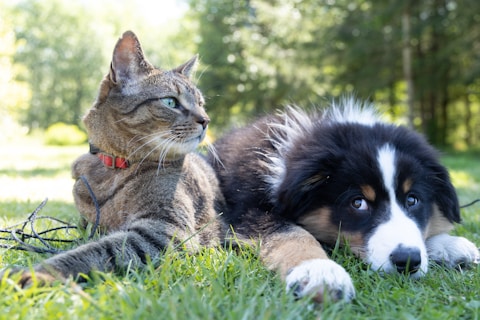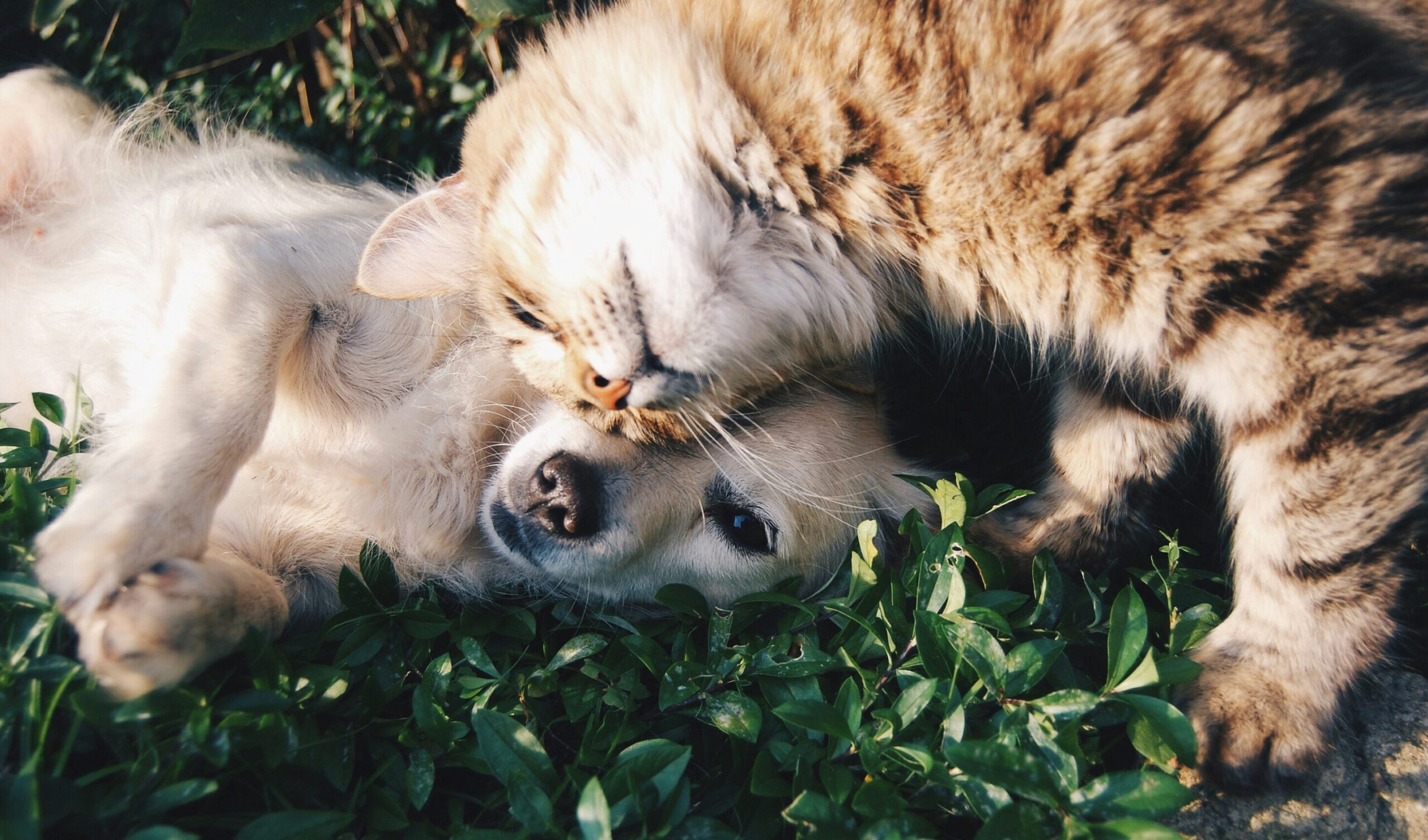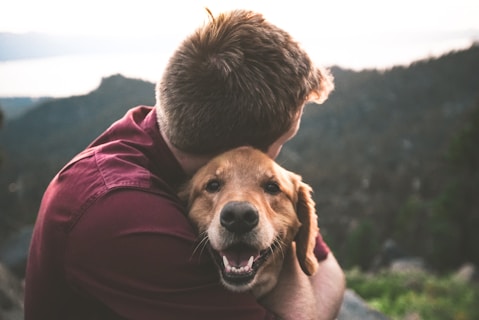

Socializing your dog is one of the most important things you can do to help them live a confident, happy, and well-adjusted life. Dogs that are well-socialized are more relaxed in new situations, friendlier with people and animals, and less likely to develop behavioral problems like fear or aggression.
Whether you’re raising a puppy or adopting an older dog, proper socialization helps your pet feel secure in a world full of unfamiliar sights, sounds, and smells.
Dogs aren’t born knowing how to interact with people, animals, or the world around them. Without proper socialization, a dog may become fearful, aggressive, or overly shy when exposed to new experiences.
A well-socialized dog is:
Socialization sets your dog up for success—at the vet, the park, or your next family gathering.
The ideal window for puppy socialization is between 3 and 14 weeks of age. During this period, puppies are especially open to new experiences. However, older dogs can still be socialized with patience and consistency.
Start as early as possible, but take things slowly. Even a few positive experiences a day can make a big difference over time.
Expose Your Dog to a Variety of Experiences
Make It Positive
Keep Sessions Short and Frequent
Fear or aggression
If your dog growls, hides, or lunges, take a step back. Work at a greater distance from the trigger and reward calm behavior.
Overstimulation
Too many new experiences at once can overwhelm your dog. Break sessions into smaller steps, and let your dog rest between them.
Negative past experiences
Rescue dogs may need extra time. Use lots of positive reinforcement, and avoid punishing fearful reactions.
Inconsistent exposure
Socialization isn’t a one-time task—it’s an ongoing process. Regular outings and new experiences help maintain good behavior.
If your dog shows persistent fear, reactivity, or aggression, a certified dog trainer or behaviorist can help. Look for a trainer who uses positive, force-free methods and has experience with socialization work.


